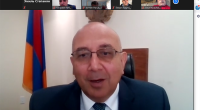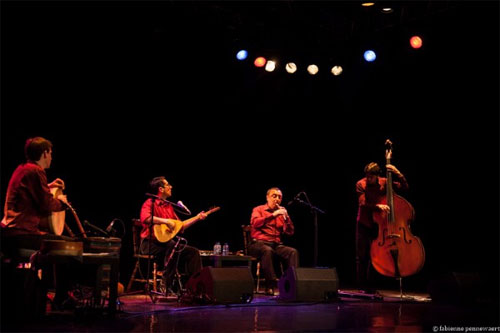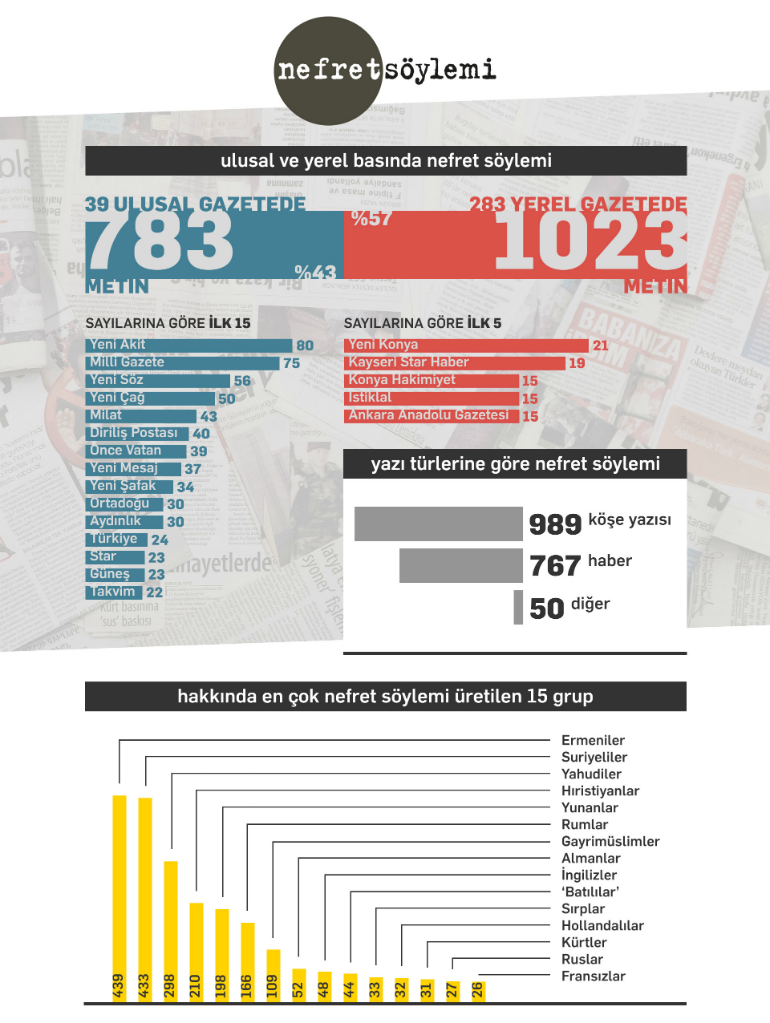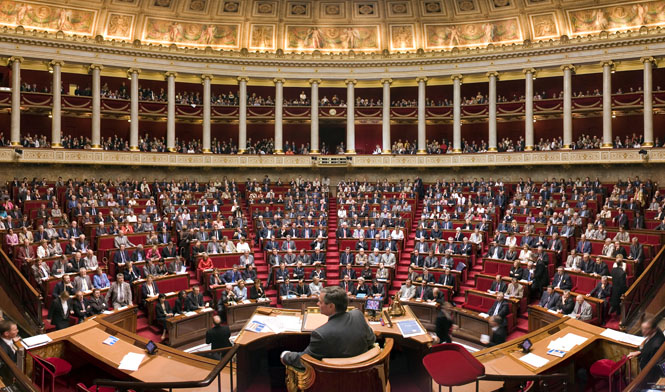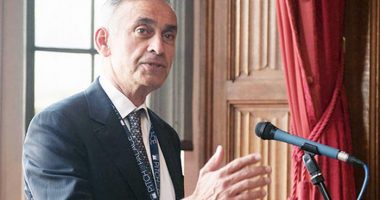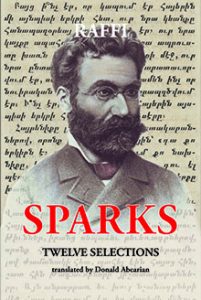

Gomidas Institute just announced its forthcoming sixth English translation from Raffi, probably the most influential Armenian novelist of the 19th century. These translations are trailblazers and have allowed English speakers access to Raffi’s world at the dawn of a new era, the Armenian renaissance of the 19th century. Four of these translations were made by Donald Abcarian, a longstanding associate of the Gomidas Institute. Sparks: Twelve Selections will be released on 1 March 2021. For more information please visit www.gomidas.org/books
NV: Hello Donald! You have now translated four works by Raffi into English. Your latest work is a selection of 12 selections from Sparks (Gaidzer). Congratulations.
DA: Thanks very much.
NV: How or why did you decide on this work and those particular stories for translation? What holds them together? What makes them special?
DA: After The Fool came out I wanted to continue translating. I didn’t decide to translate Sparks rather than some other work. But when I opened it up and saw the richness of the settings and actors and the territory it covered — for instance, the vivid description of Varak monastery — I was naturally drawn in. It was a gold mine. I was guided by a kind of sixth sense in selecting the chapters I wanted to focus on. I just recognized them when I saw them. That is the best way I can put it. They showed Raffi’s skill in painting distinct scenes; in conveying suspense and political intrigue, in depicting vast panoramas. I wanted to show Raffi’s earthy wisdom in the form of a white mule leading a caravan through blinding snow. I wanted to show his idealism and humanism. But I especially wanted to capture the flow of time in the narrator’s life — Farhad’s life — his transition from a primitive one-room school to distant horizons. I wanted to capture those key moments that led him from childhood to manhood. All of that is held together by his presence in every scene, his faithful witness to everything, his complete honesty.
NV: Could you say something about the controversy when Sparks was published? What was the nature of the controversy and how did Raffi respond.
DA: Mshag and Meghou Hayasdani (the Bee of Armenia) were already in tough competition with each other for more readers when Czar Alexander II was assassinated in 1881. The assassination sent shockwaves through the whole world. His policies toward the Armenians had been quite benign. But when Alexander III took over, all of that changed. Alexander III was far more conservative and began to crack down on Armenian privileges. The Bee of Armenia took advantage of that situation to put Mshag on the defensive. Their attack on Mshag and its progressive ideas was led by a very conservative priest who went by the pen name Haigouni. Haigouni published a series of articles in the Bee of Armenia which tried every trick in the book to discredit Sparks right after it came out in 1883. The Bee of Armenia was already very concerned about Raffi and the recent success of The Fool and wanted to prevent Mshag from gaining more readers. Haigouni’s “critique” attacked Sparks as a literary fraud and framed Raffi as a dangerous “nihilist.” In a short time, Raffi’s home was invaded by state police. They confiscated all of his manuscripts and put him under house arrest for a week. It was a shocking experience. The manuscripts were returned to him a short time later, but he had to take a long trip out of town to rest and recover. When he returned to Tiflis, he wrote a long, point-by-point refutation of Haigouni’s defamatory piece and valiantly defended Sparks as well as his personal honor. It was serialized in Mshag starting on 30 September 1883. It turned out to be one of the most significant theoretical works of modern Armenian literature. It was called, “Mr. Haigouni’s Critique & Sparks.”
NV: Has your understanding of Raffi changed over the years?
DA: It probably has. But I’ve spent 20 years trying to understand Raffi as well as I could, so it’s hard to see how my understanding has changed. I guess I could say it’s been added to. And that leads me to the biggest “new piece” in my image of Raffi, which is what I just mentioned: his refutation of Haigouni’s “critique.” It’s not just put in the voice of the person who narrates The Fool, or Jalaleddin. It’s in the voice of a consummate, world-class intellectual, a man who has looked into every corner of European, Western thought and drawn his own conclusions. It’s as if his fiction is just one department of his intellectual life and that he’s larger than all of it put together. He spent a lifetime gathering that knowledge and through his art offered all of it to the Armenian people. That’s how I see him.
NV: Why do you think Raffi is such an effective writer? What made Raffi, Raffi?
DA: It’s adventure mixed with analysis, as someone so aptly put it recently; the way he offers equal nourishment to the mind and the heart, to the intellect and the imagination; the way he weaves historical knowledge and cultural awareness together into a colorful narrative. He gives us his signature with his sunrises and sweeping panoramas. But, ultimately with Raffi, history carries the day. It always has the last word and sums up what he’s about. That’s how I see him.
NV: Do you think his writing changed over time?
DA: I’m sure it did, but that’s a whole separate question. I’ve been too involved in translating each work to be aware of how it’s changed, let alone explain it.
NV: Which of his characters are your favorite – villains or heroes – and why?
DA: I especially like Sara in The Fool. She has so much to deal with emotionally and practically but she maintains her dignity and sanity through it all. I like Mr. Salman too, because he won’t stop spouting the truth and he meets his fate head-on. I feel very close to Farhad in Sparks. It’s easy to forget him because he’s the unassuming narrator, but he’s special to me for the reasons I mentioned before, his honesty and faithful witness.
NV: If you could meet Raffi in his day, what would you say to him?
DA: I’d say I had read all his novels so far and couldn’t wait for more. I’d tell him I had seen kids who I thought would never get near a book, and there they were reading passages of The Fool to their friends in the village square.
NOTE: Donald Abcarian was born and raised in Fresno, California, where his family was part of the extensive Armenian-American community that settled there since the turn of the last century. His earliest influences, including the Armenian language, derived from that milieu. He graduated from the University of California at Berkeley with a degree in philosophy and has pursued a lifelong interest in languages and world literature. His translations include The Fool, Jalaleddin, The Golden Rooster and Sparks: Twelve Selections, all published by the Gomidas Institute.


